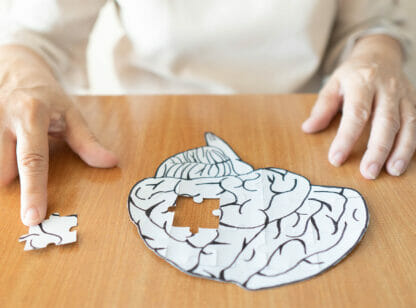Not surprisingly, mental health providers cite a marked increase in clients reporting depression, anxiety and stress during COVID-19. The pandemic has affected many of us in ways we have never experienced before.
From being fearful of getting the virus, caring for someone who has COVID or other conditions such as dementia, being isolated at home, losing a job or income, to grieving the unexpected loss of a friend or family member, this past year has brought unprecedented physical, emotional, spiritual and financial challenges.
Now that the virus is abating because of continued safe health practices and widespread vaccinations, we collectively breathe a sigh of relief as social and in-public restrictions are lifting.
Here are some healthy ways to relieve depression and stress post COVID:
- Limit the news, including social media. While you need to know what is going on in the world, constant negative news only fuels anxiety and depression. Just unplug for a while.
- Read an engaging book, watch a comedy or romantic movie, listen to uplifting music.
- Keep moving. Take a walk in the park, dance around the house or backyard, practice yoga or other meditative exercises. Stretch your limbs and strengthen muscles as tolerated.
- Schedule time to play. If in-person gathering is now possible, get out the cards, dominoes, board games and have some fun with family and friends.
- Be creative. Write that poem. Pick up a brush and start painting. Tell some of your favorite jokes or stories. Sing like nobody can hear you.
- Eat healthily. The food we eat affects our mental as well as physical health. Make sure meals are healthy and include a variety of fruits, vegetables and healthy proteins. Get creative with new recipes! And don’t forget to have a special treat once in a while.
- Follow a daily routine for going to sleep, getting up, eating at regular times, personal grooming, exercise and social interaction. Routines help regulate our physical and mental wellbeing, providing a sense of balance and normalcy.
- Seek help if you feel overwhelmed or are diagnosed with a mental health disorder. A trained mental health professional can help ensure you are acknowledging and processing your stress and provide appropriate support. If you are in a treatment program, stick with it. You can safely refill prescriptions through a pharmacy drive-through or home delivery.
- Connect with your community or faith-based organizations. If not yet in person, connect through video chats, email, phone calls or even old-fashioned snail mail. A personal card or letter can be a delight to give or receive. A heart-to-heart conversation with a trusted friend can heal the soul.
For more information, contact Alzheimers Coachella Valley at (760) 776.3100 or online www.cvalzheimers.org
Sources:
1) https://www.cdc.gov/coronavirus/2019-ncov/daily-life-coping/managing-stress-anxiety.html#everyone;
2) https://www.apna.org/m/pages.cfm?pageID=6685;
3) https://www.mindsetsd.com/blog/the-affects-a-pandemic-can-have-on-your-mental-health.


















































Comments (0)